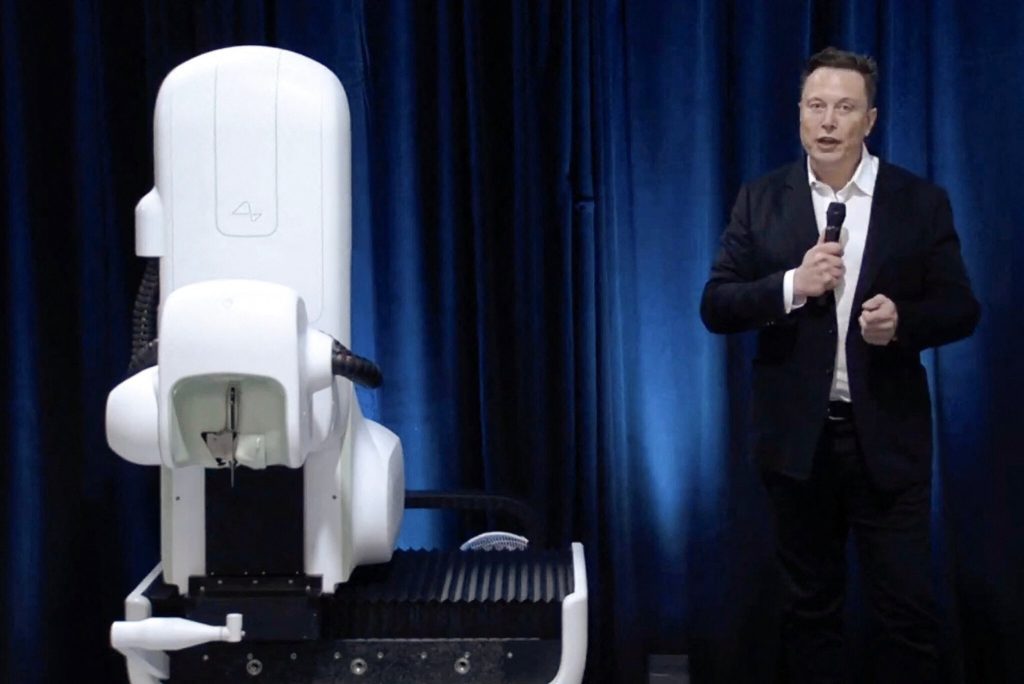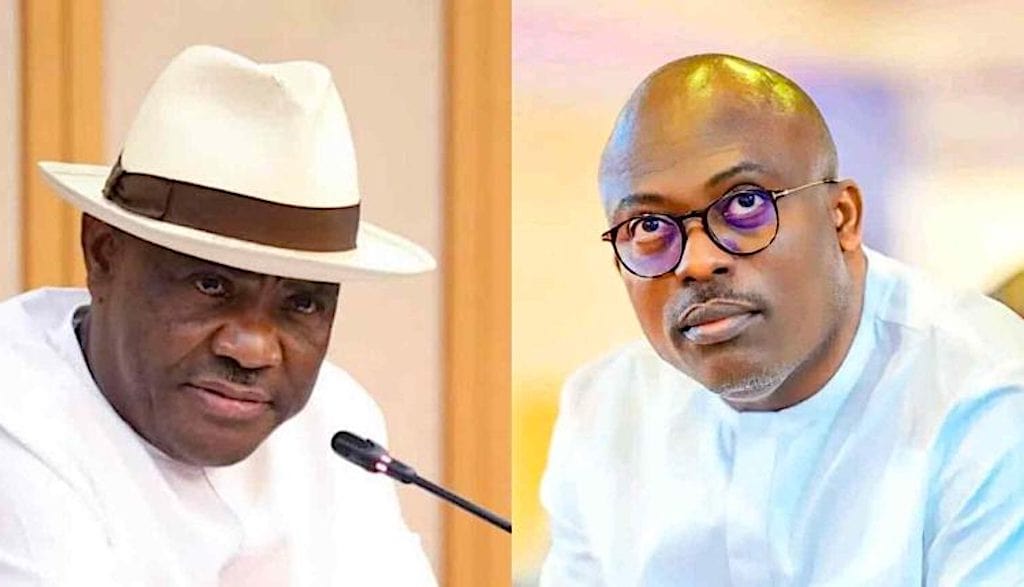Former Labour Party presidential candidate Peter Obi recently ignited a national debate by suggesting that church vigils could be repurposed as night shifts to enhance Nigeria’s productivity. Obi, during an appearance on the Honest Bunch podcast, attributed the nation’s poverty and productivity struggles partly to an overemphasis on politics and religion, stating that Nigeria has become “unproductive” as a result.
Obi’s comments have drawn both praise and criticism, highlighting a divide among Nigerians. While some supporters agree that Nigeria’s high engagement in religious activities detracts from productivity, others, including popular dramatist Joshua Mike-Bamiloye, criticized the proposal as an unfair and misguided view of the church’s role.
In the podcast, Obi remarked, “Nigeria suffers from poverty and a largely unproductive society, which is why the only things that seem attractive here are politics and religion.” He then suggested transforming vigils, commonly held on work nights, into night shifts to promote more productive activities. “I’d rather turn night vigils into night shifts so people can be productive,” Obi elaborated, pointing out that excessive religious gatherings from Monday to Friday impact productivity and that signboards in some areas are predominantly for churches or burial services rather than businesses.
Joshua Mike-Bamiloye, son of the Mount Zion Faith Drama Ministry founder, rebuked the suggestion on social media, calling it “misguided” and even “insulting.” In his post, Joshua wrote, “So now vigils are the reason Nigeria isn’t productive? The mentality of blaming church attendance for Nigeria’s problems is very misguided and, at best, an insult.” He also argued that if productivity is the goal, then other late-night social activities like concerts and comedy shows should face similar scrutiny.
A growing number of Nigerians voiced their opinions on social media, with mixed reactions reflecting divergent views on the role of religious activities in society:
- #japhetho tweeted, “The religious aspect is actually true. We need fewer people active in churches and more engaged in being productive.”
- #TheAmazingJosh commented, “The only things working are politics and religion; that is why pastors and politicians are so wealthy. We vote for bad politicians and then go to church to pray for what those politicians are stealing from us!”
- #sir_enike referenced Obi’s presence at numerous church gatherings during his campaign, writing, “He attended every major church gathering during the election campaigns last year… I support him; let’s dismantle it together, so Nigerians wouldn’t be divided by religious sentiments engineered by politicians.”
Others like #OMatarazi pointed out that Obi’s suggestion wasn’t to abolish church vigils entirely, but rather to reduce those held during the workweek, especially on nights before work. “His point is that holding vigils on work nights could affect productivity since people still need to show up for work the next morning.”
Obi’s remarks have spurred discussions on the need to balance religious commitments with the demands of a productive economy, underscoring Nigerians’ diverse perspectives on the role of religion in daily life. The ongoing debate highlights both the deep-seated cultural significance of religious practices in Nigeria and the challenges of aligning such practices with the nation’s economic goals.













